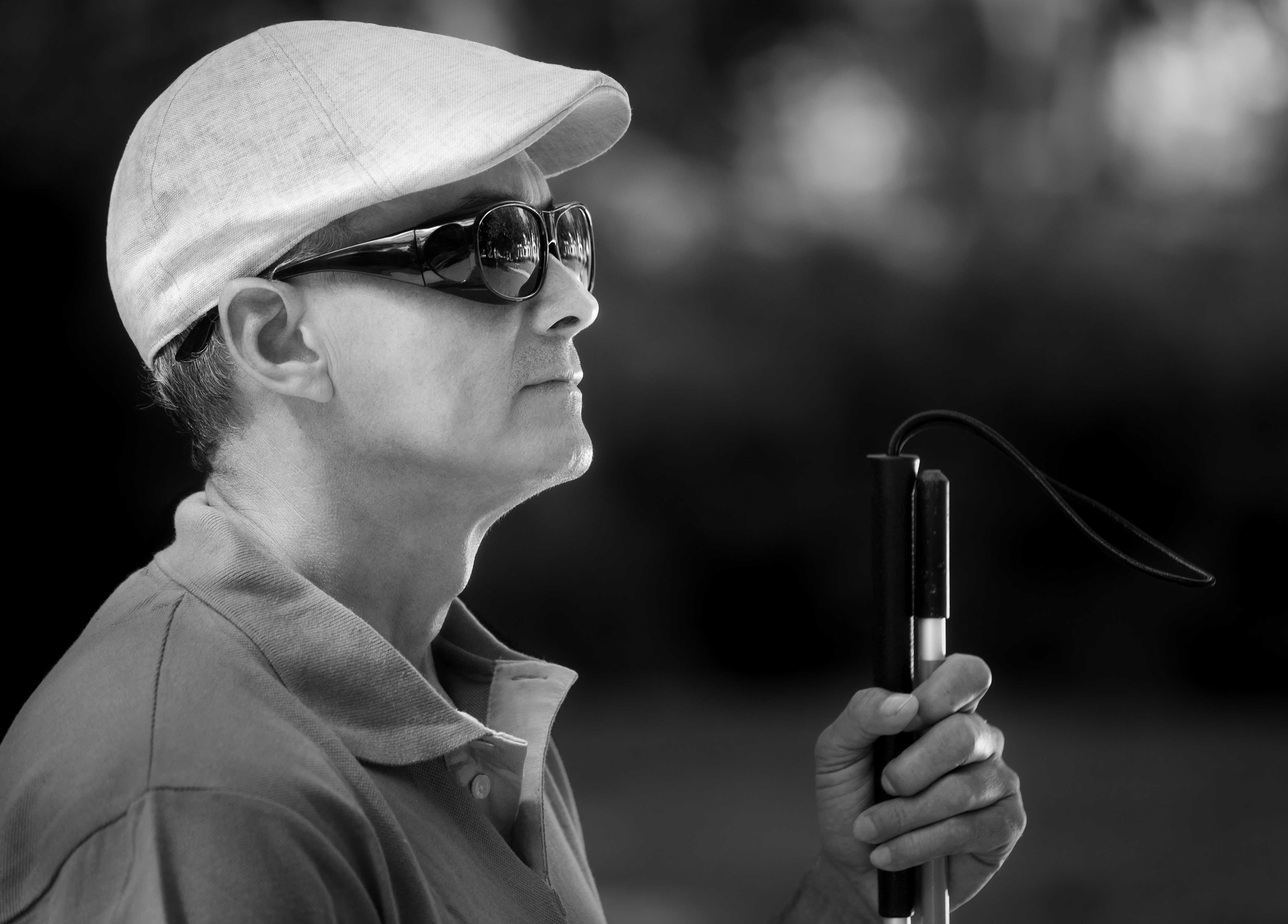
A scientist from RUDN University analysed the effect of vision disability on a person’s perception of unfamiliar sounds when learning a foreign language. The experiment showed that lack of access to visual cues makes learning difficult. Results of work published in the journal Medical Hypotheses.
In the traditional sense, speech perception is primarily associated with hearing. However, the visual channel is just as important – when a person sees the interlocutor, they analyze their posture, gestures, facial expression. In addition, visual information helps people perceive long and conceptually complex messages, and allows people with hearing impairments to communicate and understand each other in noisy environments.
According to some studies, if only the auditory canal is available during a conversation – for example, as in people with vision disability or when talking on the phone – the accuracy of information perception decreases. Other scholars believe that visual cues are not required for speech perception, and people with vision disabilities can understand information even better by developing hearing.
Until now, scientists have concentrated on how a person perceives familiar sounds (that is, those that occur in his native language), while the sounds found in foreign speech can be more difficult to perceive due to the influence of the first language.
Georgiou conducted an experiment to study the perception of unfamiliar sounds by people learning a second language. The subjects passed tests to distinguish and recognize sounds recorded by native speakers of a language they did not know, and were assigned to groups according to the similarity with the sounds they knew. The scientist also compared the pronunciation of students with the pronunciation of native speakers. An example of a sound that is difficult for Russians to perceive is the preposition “the” from the English language. Its pronunciation is often explained through articulation – the position of the tongue and lips in relation to the teeth, the width of the mouth opening, and so on.
According to the results of the experiment Georgiou made a conclusion, that certain types of sounds in foreign language are more difficult for visually impaired people than for students with normal vision. This is most noticeable for two or more non-native sounds that are similar in sound to each other. He argues that it will be difficult for people with visual impairments to develop stable mental representations for non-native speech sounds, or to maintain the flexibility to perceive non-standard speech solely through auditory and kinesthetic feedback. At the same time, sighted people will have more opportunities to do this because they have access to visual cues.
“People who are visually impaired are likely to have worse speech perception, especially in contexts where flexibility is required – for example, noisy environments, accented speech, and so on. This is because speech perception will function in a monomodal manner, preventing the extraction of most of the acoustic invariants found in actual movements of the vocal tract. While there is evidence against this hypothesis, much of the earlier work did not take into account several factors that may affect speech perception, while research on second language perception in people with visual impairments is limited.”, -explains Georgios Georgiou, Researcher, Department of General and Russian Linguistics, Faculty of Philology, RUDN.








